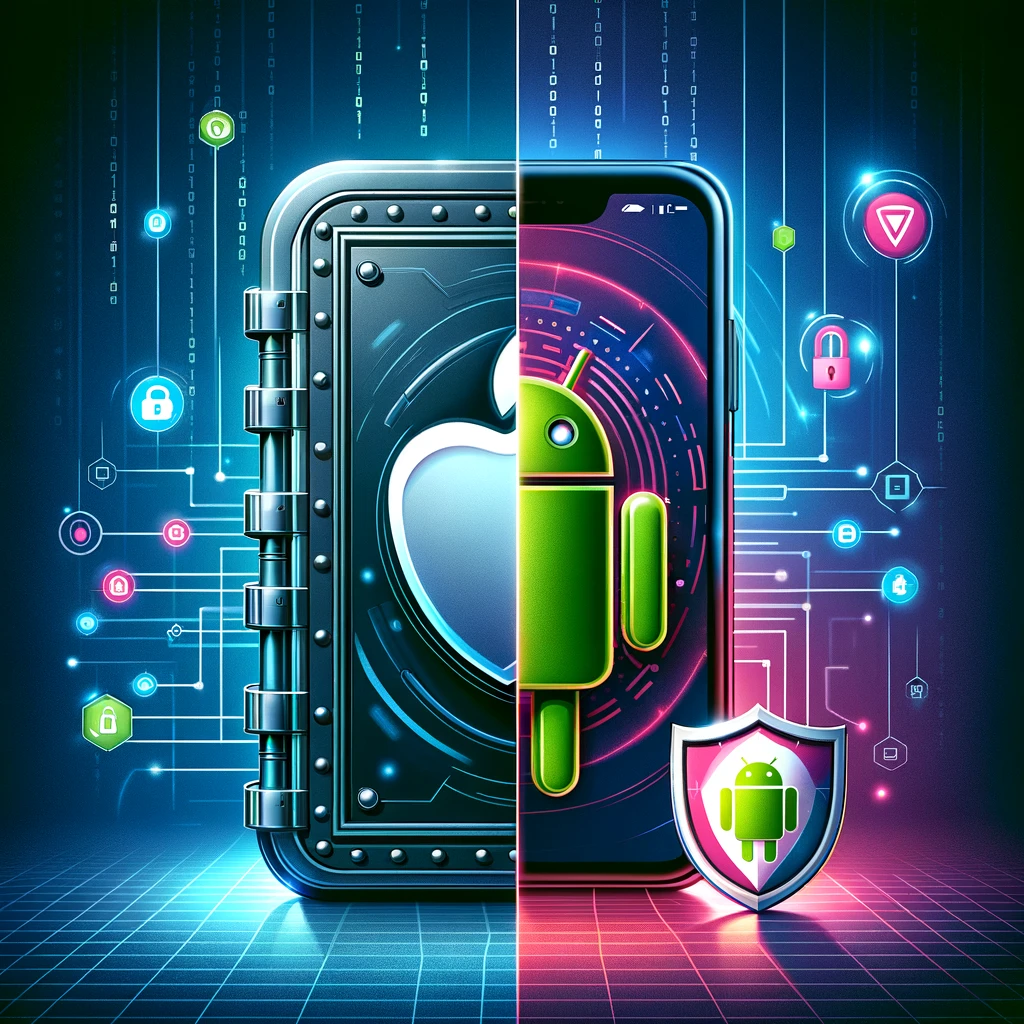iPhone vs Android: A Security Perspective
Who is more secure, iphone or android?

When it comes to smartphone security, the debate between iPhones and Android devices is a nuanced one. Each platform has its strengths and weaknesses, and understanding these can help users make informed choices. Let's explore the security aspects of both, drawing on insights from various experts in the field.
iPhone: The Secure Ecosystem
Tight Control Over App Store and Updates
Apple's iOS is known for its strict control over both its hardware and software. This "walled garden" approach, as described by experts from Kaspersky and All Things Secured, ensures a high level of security for iPhone users. The Apple App Store undergoes rigorous inspection, significantly reducing the risk of malware-ridden apps. Additionally, the integration of Apple’s hardware and software makes security vulnerabilities less frequent and harder to find.
Consistent and Timely Updates
Another key advantage of the iPhone is the consistency in releasing both minor and major updates, including security patches. This stands in contrast to the Android platform, where updates can be less reliable and delayed.
Privacy Considerations
Apple's iOS also offers robust privacy features, such as limiting third-party app access to data and the phone's root coding. This reduces the need for iOS antivirus software and makes creating one almost impossible for App Store approval.
However, it's important to note that no system is entirely invulnerable. iOS can still be susceptible to malware attacks if Apple misses vulnerabilities or adopts certain undesirable security approaches.
Android: Flexibility with Challenges
Open Nature and Fragmentation
Android's open-source nature offers flexibility and a wide range of choices for users. However, this also introduces variability in the security of different devices. Security updates and patches may not be uniformly available across all Android devices, particularly for older or less popular models.
Google Play Store's Openness
The open nature of the Google Play Store, while offering a larger selection of apps, also increases the risk of malicious apps making their way onto the platform. Android users have the option to download apps from outside the Google Play Store, which further increases the risk of encountering malware.
Device-Based Security Variability
The security features of Android devices can vary significantly depending on the manufacturer and model. Some devices may offer advanced security features like fingerprint scanners, while others may rely on more basic forms of security like passwords.
Efforts to Enhance Security
Despite these challenges, it's important to recognize Android's efforts to enhance security. Google is increasingly rewarding independent security researchers for reporting new Android vulnerabilities. Android’s popularity means a wider range of security apps are available, and with the right apps, users can achieve a high level of security.
Conclusion: Which is More Secure?
Considering the various aspects of smartphone security, the consensus among experts leans towards the iPhone being more secure. This is primarily due to its more controlled ecosystem, consistent updates, and stringent app store policies. However, Android has made significant strides in improving its security, and with careful management, it can offer a secure experience as well.
It's important to remember that the choice between iPhone and Android should also take into account personal preferences and usability. While security is a crucial factor, it's part of a larger picture that includes factors like device features, ecosystem integration, and personal comfort with the operating system.




